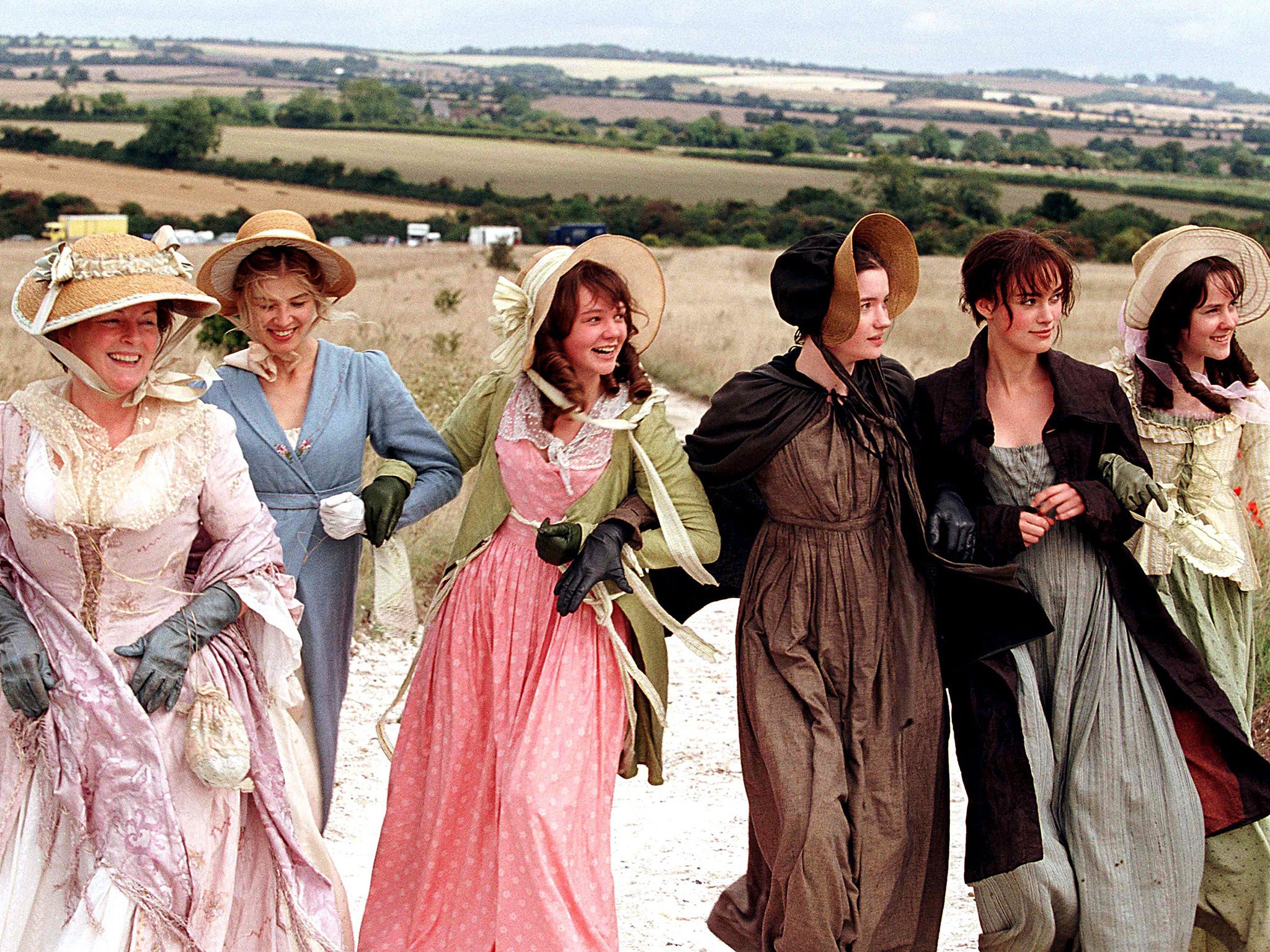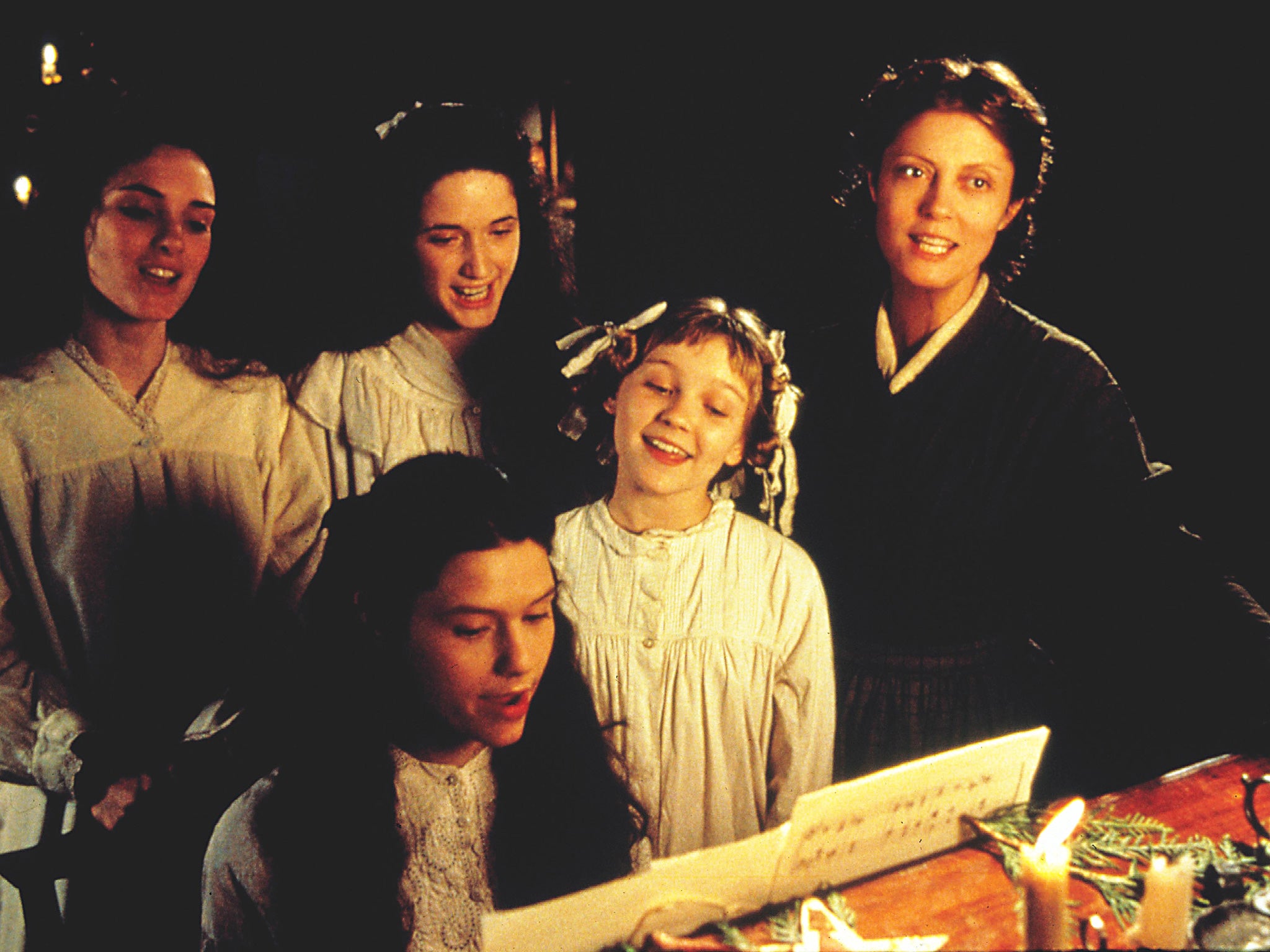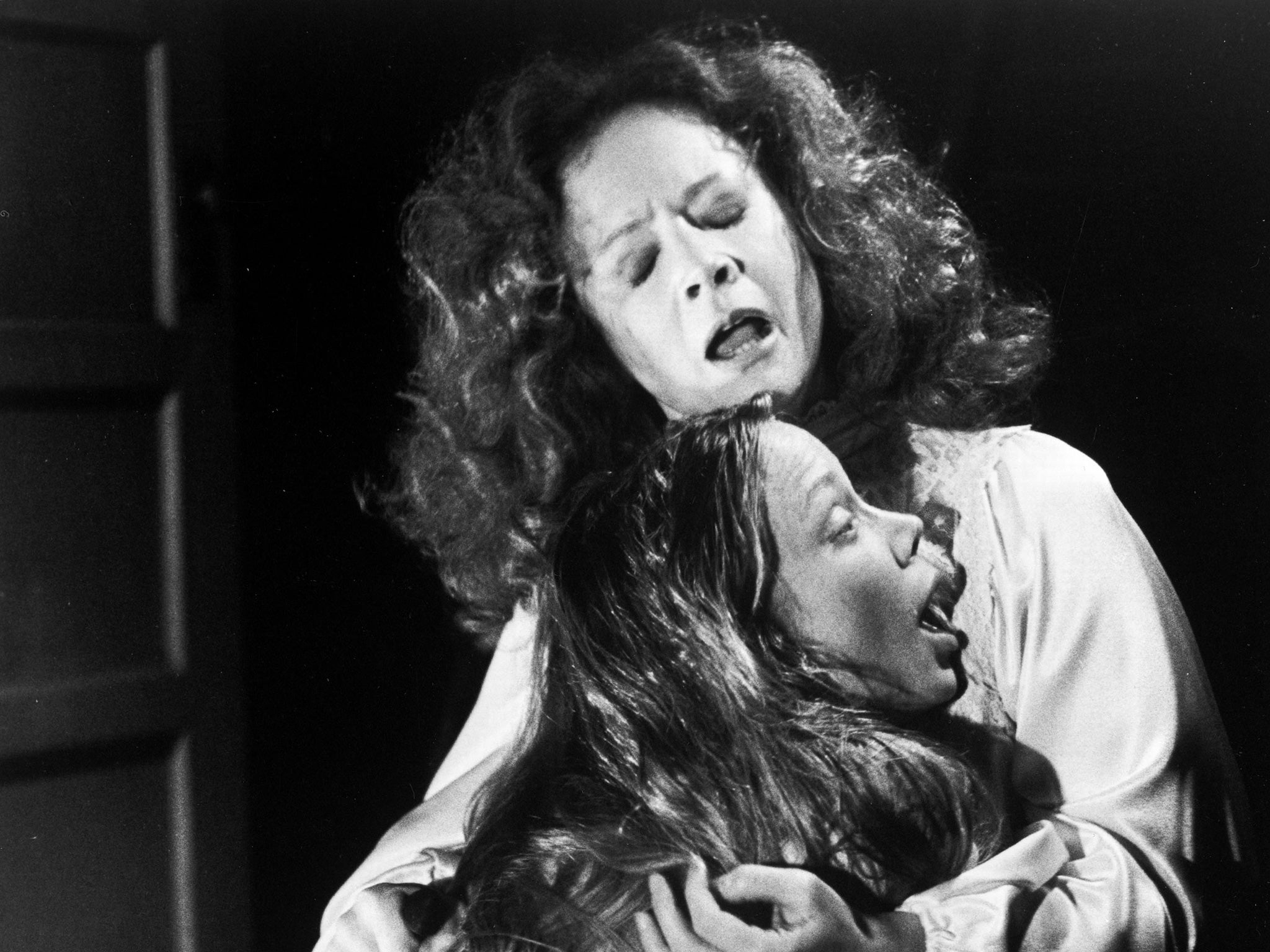Mother's Day 2015: Literary matriarchs and their daughters, from Little Women to Carrie
In literature, as in life, relationships between mothers and their daughters perplex and intrigue. As Mother's Day approaches, Kate Hamer celebrates her fictional favourites

When I think of a mother figure, I imagine someone calling out "be careful!" That's my experience as a mother and as a daughter, a sense of visceral protectiveness. But the relationship can also be dense, difficult, close, loving, scratchy, enduring. It's the complication that counts. This is what makes them such great fictional territory, as the poet and critic Adrienne Rich said: "The cathexis between mother and daughter – essential, distorted, misused – is the great unwritten story."
Yet it is such a close bond, too, even when it goes wrong. As a daughter, you reach the point in life where you can begin to see your mother as a real and separate person. It's a funny moment when you realise that she was once a young girl and you feel awed that for years it never occurred to you to think of her like that before. She took exams and ran races on sports days and fell in love without you knowing anything about it. She probably had similar feelings about her own mother.
Mothers and daughters appear in the landscape of literature, of course, and I find their interwoven experiences endlessly interesting, which is why, when I decided to write a novel, I wanted to explore them. But first, I considered the women who had gone before.
Sometimes, it feels as though a novel has been written from the viewpoint of either the mother or the daughter. The evisceration of the mother in narrative form must be profoundly satisfying for daughters seeking to establish a sense of their own selves. Look at the knife wielded at Mrs Bennet in Jane Austen's Pride and Prejudice. Perhaps we enjoy the portrayal so much because it's something we've all done from time to time, castigated our mothers for not conforming to the perfect vision of saintliness required. Perhaps she smokes, she drinks, she has an unsubtle voice that booms out in the restaurant over lunch. She was mean to that waiter, too. In other words, we want them to be ideal – a Marmee from Little Women – not some living, breathing woman with her own flaws and frustrations.

Mrs Bennet seems unfairly pitted against her daughter. She fusses and manipulates, and is portrayed rather cuttingly as not very bright at all. This is a classic daughter viewpoint. Elizabeth coolly resists her mother's attempts at finding marriage material and if it's a battle of wills, it's not really an equal one. Elizabeth has the integrity, the good sense and the intelligence and her mother is left with nothing – just foolishness, and even her husband ridicules her. Daughter 10, mother 0.
Take this several steps further and a battle of wills can become a war. I can't think of a much more terrifying mother figure than that in Carrie, Stephen King's first published novel. She's certainly memorable: for some reason, it's her naming of breasts as "dirty pillows" that sticks in my mind. I think it's because it's hilarious and horrible at the same time.
The novel centres around Marietta "Carrie" White. Her mother, Margaret White, is a religious zealot whose daughter is swept up in her mania. Poor Carrie, her lot is even sadder when you find out from King's book On Writing that she was actually based on two girls that he went to high school with. What I really love about the novel, though, is how the terrible toxic relationship that Carrie has with her mother leads not so much to her being downtrodden but to the transformation of her repressed anger into the ability for momentous acts of destruction.
Religious mania is writ large in Jeanette Winterson's Oranges Are Not the Only Fruit. "Like most people I lived for a long time with my mother and father. My father liked to watch the wrestling, my mother liked to wrestle; it didn't matter what." I can't help admiring the young Jeanette, who engages herself in the battle of wills, ready to fight her corner with a parent who could have easily subsumed her personality. When Jeanette begins to discover her sexuality, everything really unravels. Winterson's autobiography is called Why Be Happy When You Could Be Normal?It's a question her own mother levelled at her. Somehow, it seems like a question only a mother would ask.

In my book, The Girl in the Red Coat, the narrative is told in the voices of both mother and daughter – Beth and Carmel. Carmel is only eight but already the relationship is being tested. Beth has recently become a single parent and tries her best not to over-protect her daughter – not always successfully. Carmel, on the other hand, can be scratchy with her mother, pushing her away. She occasionally has fantasies about her friend's ordered house and her mother, then quickly feels guilty about it. But for all its push-me-pull-you, they are close to each other, and the bond is tested to destruction when they are separated.
The mad, bad mother, the real and psychic violence, the invaded daughter. It makes me want to look again at Margaret "Marmee" March of Little Women. Surely she is more than a stock figure of saintliness? After all, she manages to raise four daughters in an impoverished household while holding on to her wit. Crucially, she also treats all her four daughters as individuals. I adored that book as a girl and as a Mother's Day treat I shall be reading it again this Sunday.
'The Girl in the Red Coat' by Kate Hamer is out now (Faber & Faber, £12.99)
Join our commenting forum
Join thought-provoking conversations, follow other Independent readers and see their replies
Comments